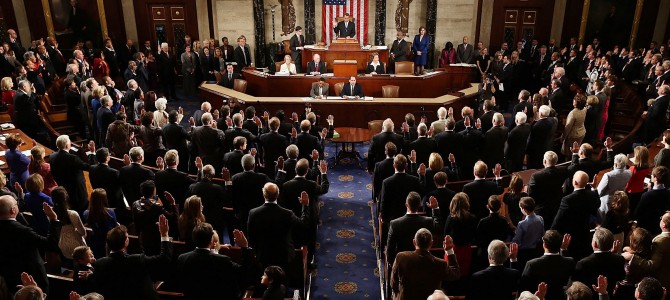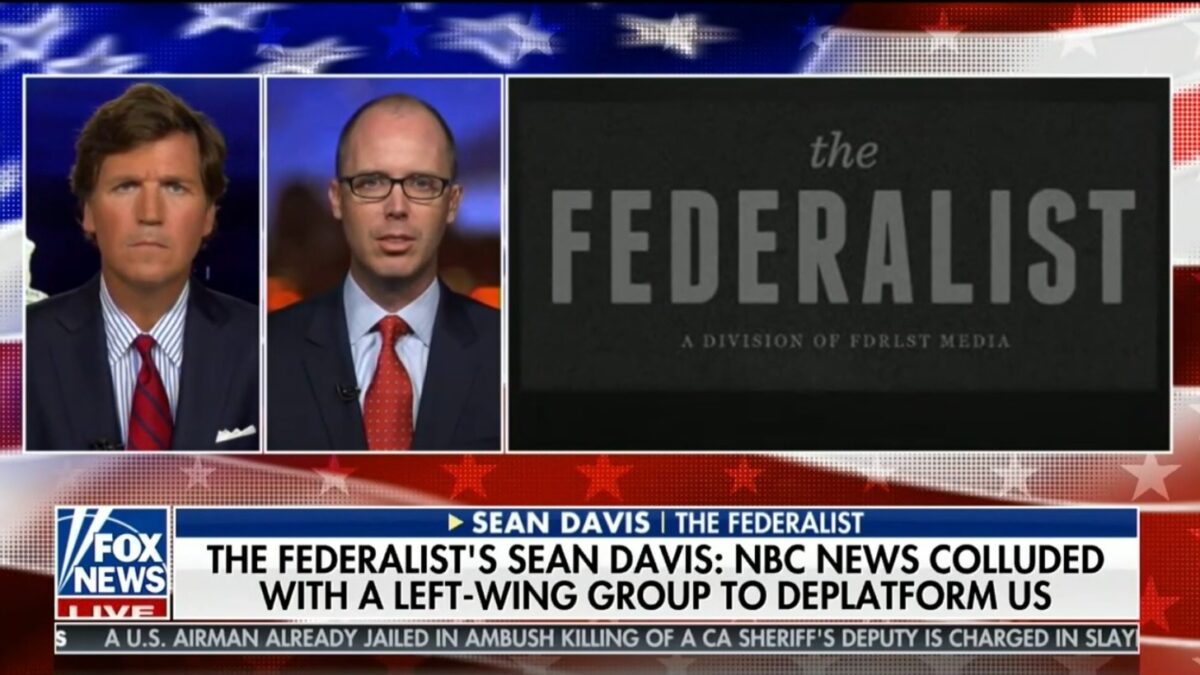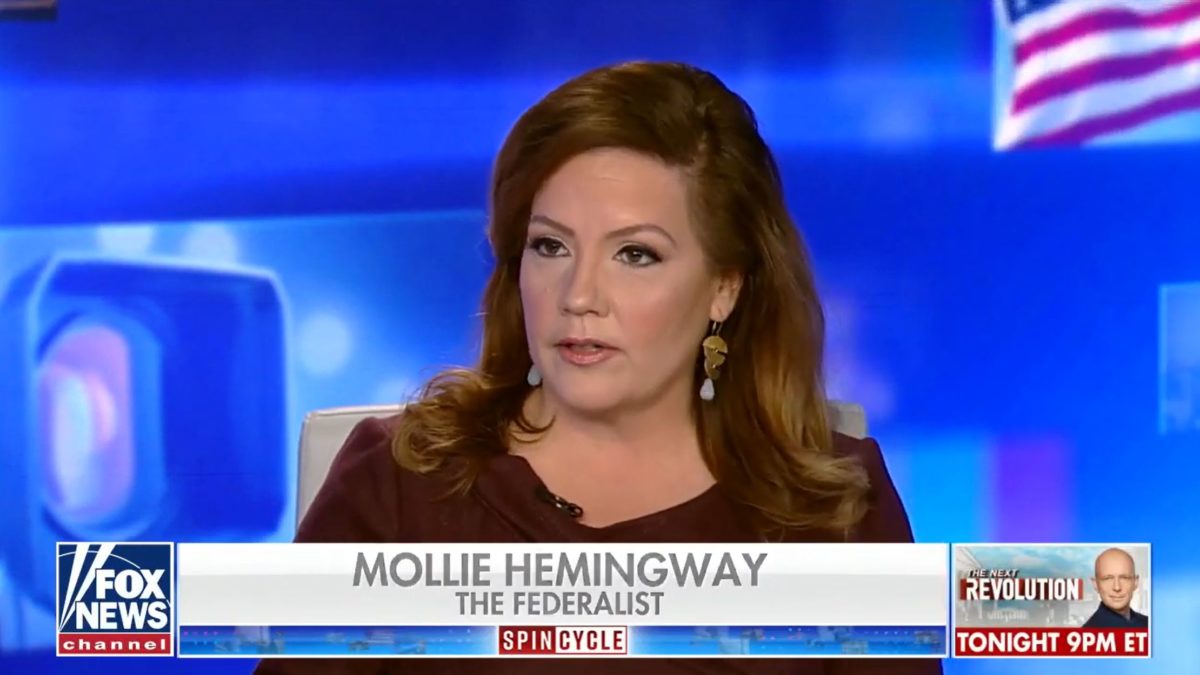
The upcoming 2014 mid-term elections will be the first electoral test for the eight Democratic senators who defeated or replaced Republicans in 2008. Of these, only three appear to be in serious danger of defeat two months prior to the general election.
This ought not to surprise anyone. Despite the Congress’s woeful approval ratings, House incumbents have won at least 85% of their races every election for the last 50 years, and Senate incumbents have been victorious 82% of the time since 1964.
Part of the explanation as to why incumbents win is that approval ratings for one’s own members of Congress are generally much higher than the approval rating for Congress as an institution. However a recent Washington Post-ABC News poll indicates that for the first time in 25 years of polling, more than half of Americans (51%) disapprove of the performance of their own Representative, while just 41% approve, a record low.
In 2010, a 51%-41% approval-disapproval rating spread produced an 85% reelection rate for incumbents. The reverse (41% approval -51% disapproval), however, does not portend a wave of electoral defeats for incumbents in 2014. Why?
Certainly the bipartisan efforts of ruling class politicians to all but gerrymander competitive congressional districts out of existence has made it easier for incumbents to hold their offices. One could easily mistake a map of a typical House district for a Jackson Pollock painting–not one, however, produced by random ink drips, but rather by careful political calculation.
Less obvious, but perhaps equally important are the rules–written and otherwise–that guide campaign funding.
Most critics of campaign spending focus on concerns about what wealthy corporations and individuals get for their donations. It is at least as important to ask what incumbents get for the restrictions they legislate on donations: a disproportionate number of (a.) underfunded competent candidates and (b.) well-funded incompetent candidates.
Under current law, an individual can give an unlimited amount of money to a Super PAC for “independent” expenditures or spend an unlimited amount on his own campaign. But he can only give $2600 to a promising candidate. Given the average cost of campaigns for the House ($1.6 million) and Senate ($10.4 million), campaign spending limits make it necessary for challengers without pre-established political networks (which, of course, are too often fed only by the sorts of favors incumbents can supply) to garner the support of the hundreds (for the House) or thousands (for the Senate) of well-heeled donors willing to give the maximum to fund their campaign.
Challengers who wish to control the message of their campaign and who aren’t independently wealthy are caught in a classic catch-22: required to convince large numbers of would-be donors that they are strong candidates when the very funds they are seeking are necessary to make that case plausible.
On the other hand, if you remove the individual contribution limit, it only takes one convinced and dedicated patron to provide the seed money (or even all the money) necessary to mount a serious challenge–and eliminates the necessity for that patron to run himself while often burdened with deficiencies in political skill and experience.
Worried about the corruption that might result if the Koch brothers or a combination of George Soros and Tom Steyer could give unlimited amounts of money to political candidates? It should be easier to watch out for special deals favoring one or a handful of patrons than to keep track of the benefits received by large numbers of often rent-seeking maximum donors.
Moreover, our system already has an incumbent-security proxy for the campaign financing patron: the “bundler,” who gathers together the max donations of friends and associates into one tidy package. Why incumbent-security? Ask yourself how many friends you have willing and able to write a check for $2,600 so that you or a favored candidate could run for higher office. But such “friends” abound in Washington, D.C., where lobbyists and their clients always hedge their bets on the side of incumbency, regardless of party or ideology.
And why not? So long as Congress regularly produces tax legislation with more exceptions than rules and spending bills filled with pork and earmarks, incumbents will be courted by political “investors”–and have something shiny to show off in their home state or district too.
Of course, from the beginning of our nation’s history, men have debated the means and manner of popular elections. Anti-Federalists, for example, argued that the Federal Constitution’s Article I, Section 4, grant of regulatory power to Congress over national elections would enable a “wealthy and well-born” elite to control American politics and to consolidate power at the national level.
Alexander Hamilton responded to these criticisms in Federalist 59-61 by arguing “every government ought to contain in itself the means of its own preservation,” and added that had this power been given exclusively to the states, this would have left “the existence of the Union entirely at their [the states] mercy.”
Hamilton hypothesized that no would-be national elite and violator of the people’s rights would hazard “dismission, disgrace, and ruin” by the “citizens, not less tenacious than conscious of their rights” by attempting to legislate an electoral advantage. The evidence confirmed that hypothesis in his day.
The difference between his day and our own is that our elite do not fear the people in the same way.
How do you get members of Congress to pass bills that make their own reelection more difficult? By making it even more difficult if they don’t. You want to get corporate money out of politics? You can leave the 1st Amendment alone. Don’t legislate against it; vote against it–against the candidates who make it worth giving. Punish the gerrymanderers and campaign finance reformers at the ballot box and you’ll have a lot fewer victories by unpopular incumbents–and, hopefully, a fuller enjoyment of your rights.
David Corbin is a Professor of Politics and Matthew Parks an Assistant Professor of Politics at The King’s College, New York City. They are co-authors of “Keeping Our Republic: Principles for a Political Reformation” (2011). You can follow their work on Twitter or Facebook.









